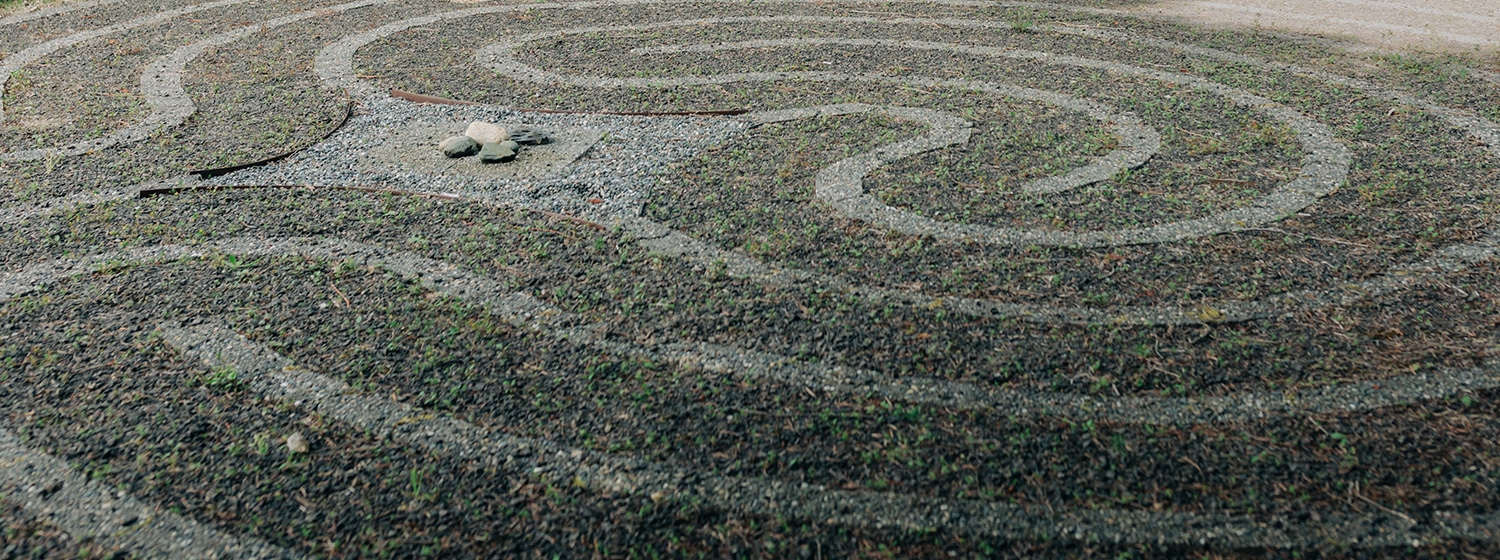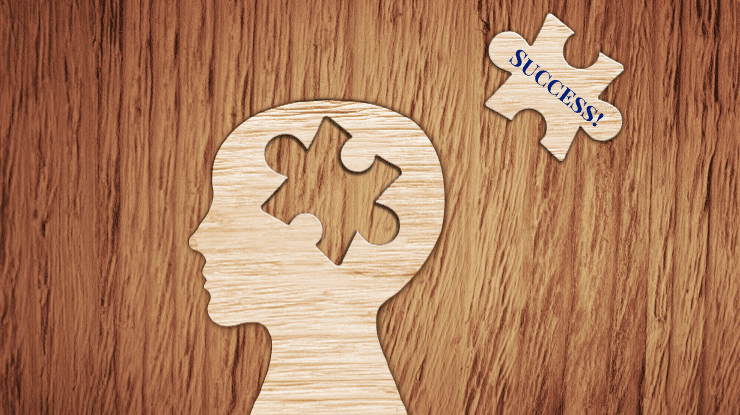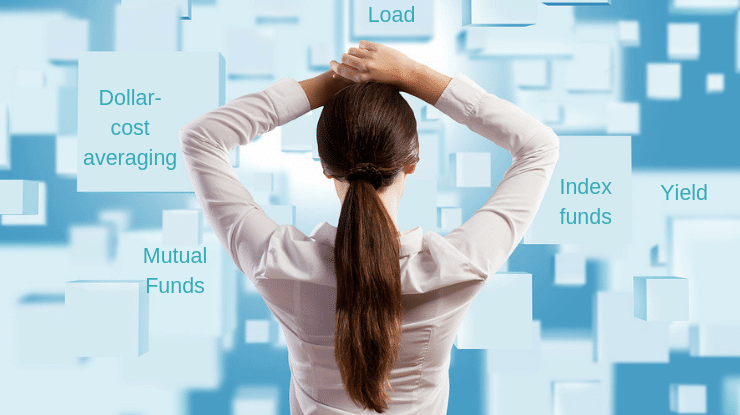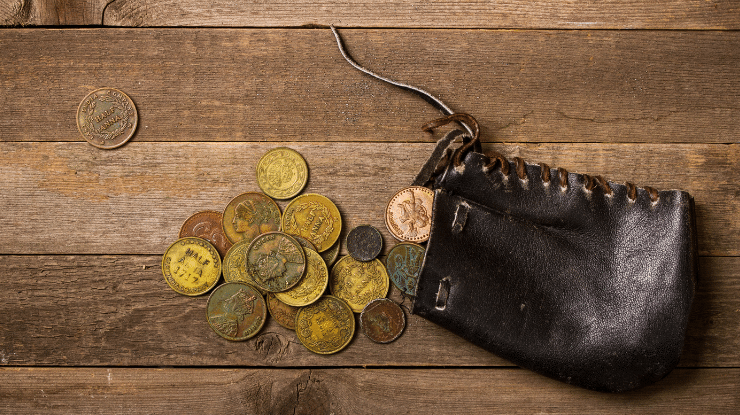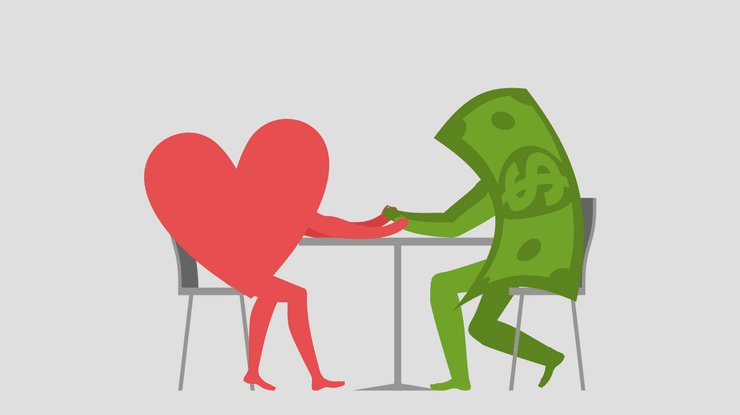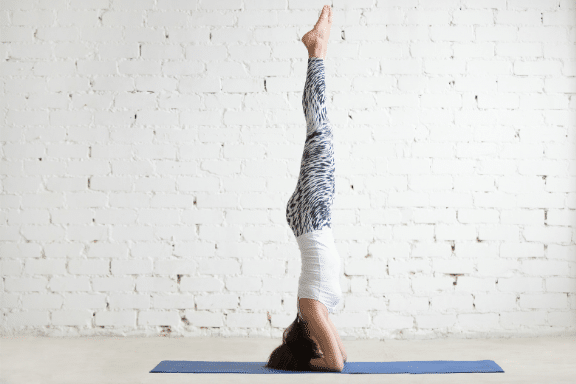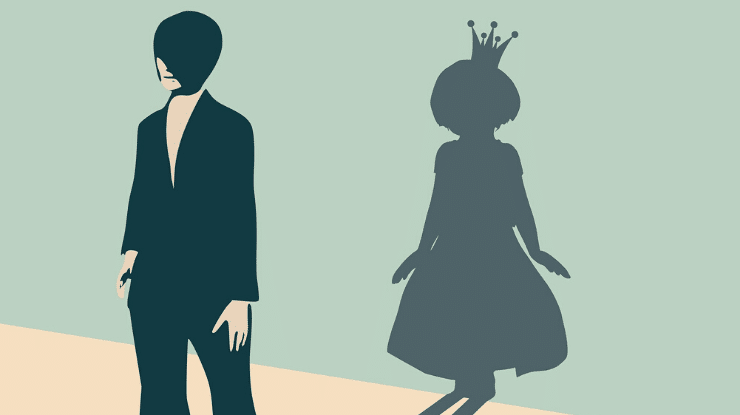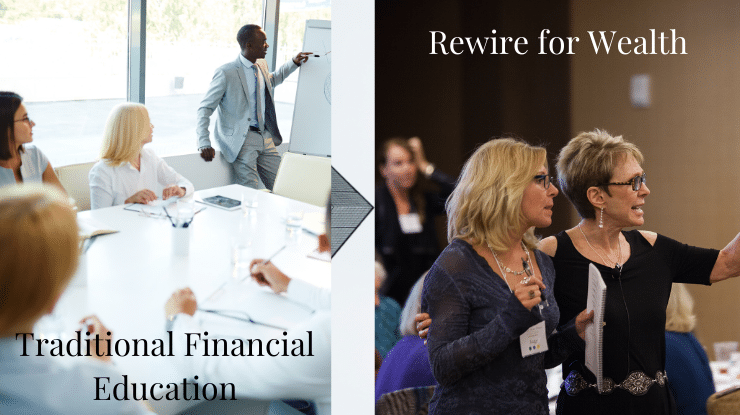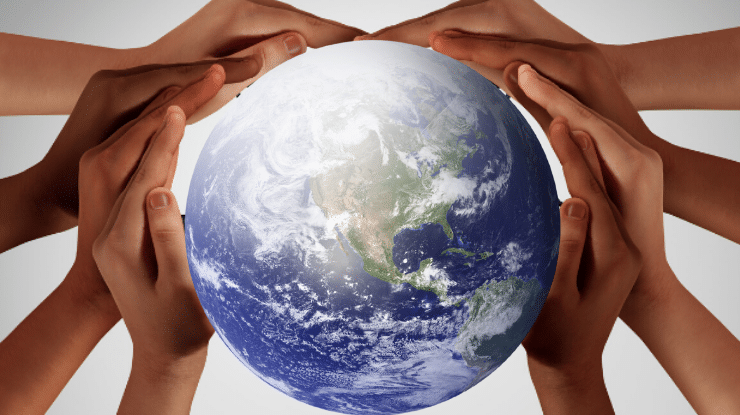She had just separated from her husband, moved to a new town and was trying to restart the coaching business she’d put on hold.
Yet she kept procrastinating doing the things she needed to do.
“I feel stuck,” she sighed. “Like I hit a brick wall.”
“You’re not stuck,” I told her. “You’re in transition. And transitions are a bitch.”
I spoke from experience. I remember, back in the 80’s, when I moved to San Francisco, a dream come true. But as soon as I settled in, I sank into a confusing funk. This wasn’t what I expected.
That’s when I read Transitions: Making sense of Life’s Changes by Bill Bridges and understood what was happening. A transition is a gradual psychological process of reorienting to the new situation.
Primitive societies had rituals to give meaning to life’s transitions. Members were taken out of their villages, into the wilderness, where they didn’t know what was going to happen next.
“Every time we make a change,” Bridges writes, “We take a metaphorical journey into the wilderness.”
The wilderness is full of uncertainty, indecision, confusion, disorientation, vacillation–all a vital part of the reorientation process.
The ‘in-between’ period is not a time to commit. Or take decisive action. Or even make plans.
It is a time to feel our feelings, grieve our losses, practice self-care and, like the primitives, commune with our spirit guides.
We need to unhook from the past before we can create a new future.
“The more you can tolerate, even embrace, uncertainty,” I told my client, “the quicker you will get through it.”
Eventually, I assured her, your energy will return. Opportunities will appear. Loose ends will come together. Out of the chaos of uncertainty, new beginnings will inevitably emerge.
How have you successfully navigated transitions in your life? Leave me a comment below.


